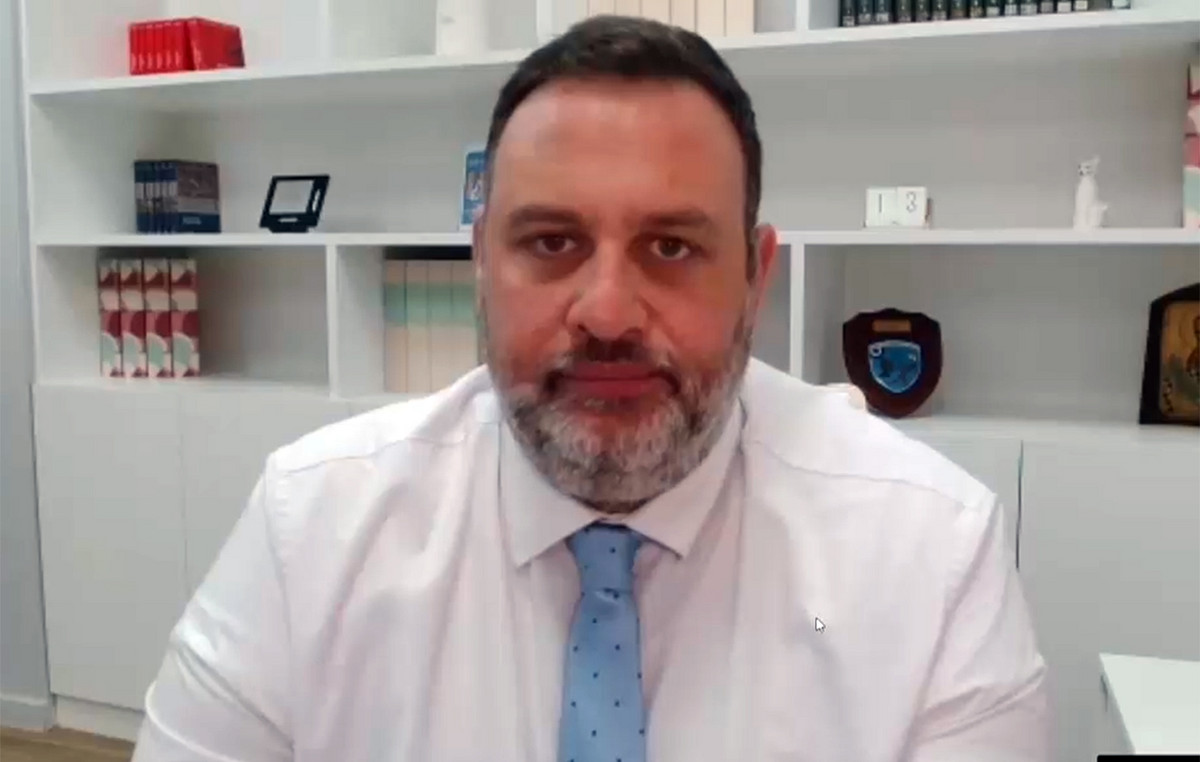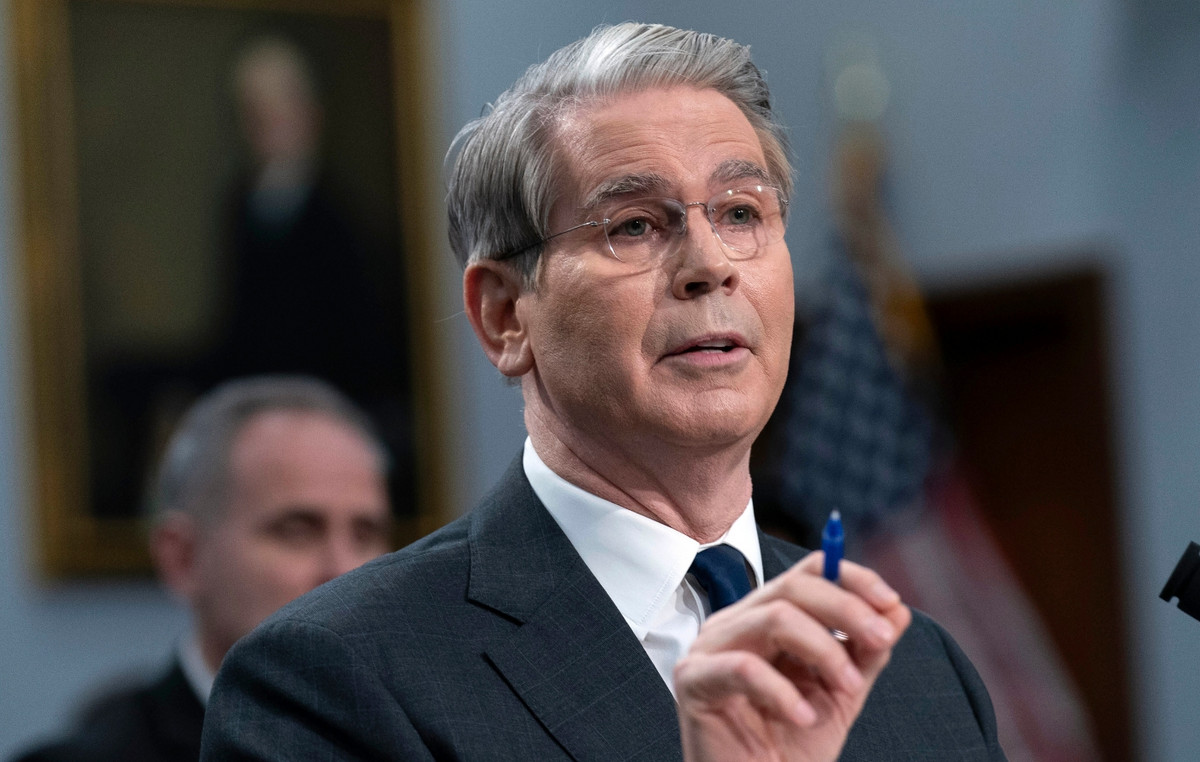President Luiz Inacio Lula da Silva arrived in Beijing on Saturday (10), where he participates in the summit of the community of Latin American and Caribbean states with China and meets with Xi Jinping.
According to the Ministry of Foreign Affairs (Itamaraty), the agenda of the meeting between the presidents includes the defense of multilateralism and the reform of the global governance system and the support for the peaceful resolution of conflict, as well as the deepening of Brazil-China relations.
President Lula’s official visit should also address the synergies between the development and infrastructure programs of both countries.
At least 16 bilateral agreements are expected to be signed, including protocols and understanding between Brazil and China. The list of agreements not yet disclosed, but the government seeks to diversify the Brazilian export agenda and Chinese investments.
How it showed the CNN President Lula must take advantage of the trip to Discuss the increase in soybean exports And sign the memo of understanding of the sale of ethanol to China in the midst of the tariff war with the United States.
In parallel, the Brazilian Export and Investment Promotion Agency (Apexbrasil) promotes a series of actions to expand the Brazil-China trade relationship.
In mapping published this year, the agency identified 400 opportunities for Brazilian exports in trade with China. The list covers oil, iron, steel, agricultural products and meat to equipment, engines and medicines.
Under Celac, Itamaraty highlights the discussion of topics of interest to Brazil, which should be contemplated in the action plan for the coming years. This includes commerce, investments and energy transition as well as food safety, disaster risk management, connectivity, digital economy, science and technology, among others.
“Brazil attributes enormous importance to Celac as a privileged forum for concertation and dialogue,” says ambassador Gisela Padovan, secretary of Latin America and Caribbean of Itamaraty.
The declaration of the summit between Celac and China must insist on reforming the governance system to reflect the interests of the global south and emerging countries
However, it is still under discussion whether the text will address more concrete issues or just defend the greater representativeness in international organizations, according to Itamaraty.
Celac has been discussing a unified candidacy between Latin America and the Caribbean to take charge of the United Nations after the UN Secretary-General, Portuguese António Guterres, end his term next year
Brazil openly argues that Latin America and the Caribbean have a woman as a consensus candidate from the region, although he says that there is no definition of the name yet.
The International Analyst of CNN Fernanda Magotta estimates that the erosion of the American commitment to the multilateral order can make room for advances in the renovations of international organizations. But it points out that this will depend on the global south unit.
She mentions that Brazil, China and Russia, for example, share criticism of the current system although they have different perceptions about multilateralism.
“Brazil defends a reform based on inclusion, representation and shared rules, while others tend to instrumentalize the system for its own benefit,” says
“Thus, there is a window of opportunity, but the concrete advances will depend on the Brazilian ability to maintain their diplomatic coherence and build broad coalitions without subordinating the interests of other larger powers,” he concludes.
This content was originally published in multilateralism, governance, agreements: The themes of Lula’s trip to China on CNN Brazil.
Source: CNN Brasil
Bruce Belcher is a seasoned author with over 5 years of experience in world news. He writes for online news websites and provides in-depth analysis on the world stock market. Bruce is known for his insightful perspectives and commitment to keeping the public informed.







